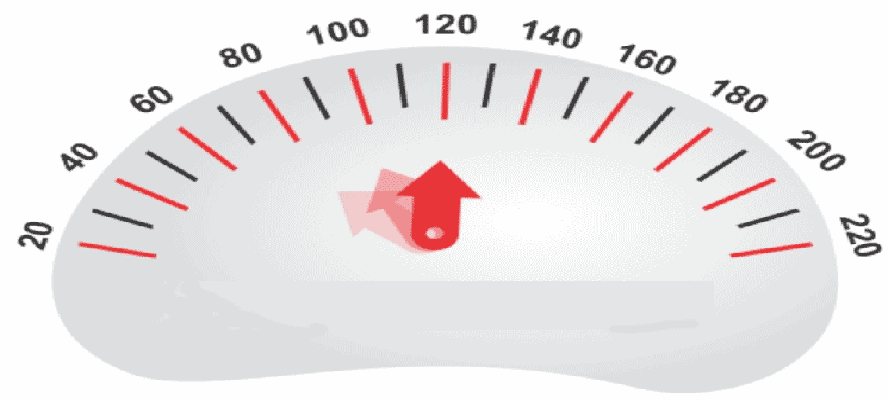Bemoaning over the dreaded hike in weight?
Is it real or just a myth?
Well, Cold does bring fat!. Temperature drops and your weight rises.
Keep it in check, to avoid those paunches.
“Why do we get fatter in winter?” is something majority of people who gain at least a few kilos as fall arrives ponder over, except a few lucky who can still manage to fit into that skinny jeans and savour foods loaded with sweet and cream! We, as humans forget that we too are animals, therefore never pay attention to the seasonal changes that bring a lot of necessary bodily changes to adapt to our surroundings, for our survival. Autumn embarks with a lot of festivities ending with the new year’s eve, overloaded with sweets, heavier delicious meals and celebration. Also, a higher intake of alcohol at holiday parties too adds up to the calories a person acquires while leading mostly a sedentary lifestyle to beat the cold. Eventually, people tend to develop those extra kilos, most of which tend to stay on, much to their worry. Thus, winter weight gain is real and can be attributed as a result of various reasons mentioned below.
Laziness kicks in, body snoozes
Seasons of summer and spring makes people flock to parks for brisk walks and beaches to bask in the sun, whereas
winters make them couch potatoes and binge eaters on junk snack items or fast food deliveries. Even getting a glass
of water from the kitchen is avoided by many and a mere thought of exercise or a brisk walk takes a backseat, thus
contributing to those extra kilos. We do not hibernate like bears, but our mammal bodies are programmed to be less
active in this season, thus responsible for the inevitable weight gain.
Hormonal fluctuations
Melatonin, a hormone triggered by darkness which makes us feel sleepy, rises in its levels during winter and plays a
role in fluctuating our appetite by increasing hunger, in turn contributing to the seasonal weight gain.
Changes in food cravings
It may sound surprising but we do eat more by taking more carbs in spring and summer as compared to winter, however
the type of food we crave for changes in this season, as we develop a penchant towards fattier foods. This shift is
seen for our system wanting to cheer ourselves up if we are constantly feeling low or sad. The cold, wet and dark
climate/surroundings makes many feel ennui during winters and is quite common form of depression observed during
this cold season. This makes the energy-dense, sweeter and fatty calorific foods as more opted food options,
eventually add on to the extra kilos.
Low vitamin D levels
Daylight hours decrease, as the cold keeps many of us inside during mornings, and even if we
do go out, we cover our body with gloves and woolen clothes, therefore missing the synthesis of this vital sunshine
vitamin. Lesser vitamin D reduces fat breakdown and triggers fat storage, therefore calories consumed are just stored
in white adipose (fat) tissue instead of being used for energy by brown adipose tissue, making us overweight.
Outsmart weight gain by these tips!
- Outdoor exercises are easier to give up, however brisk walk indoors, doing household chores, games like badminton, etc. can revitalise our circulation and help maintain weight
- Load your daily meals with a wide variety of greens and acquire a range of nutrients, including vitamins and minerals, thus avoiding in-between hunger pangs.
- Stock up your cupboards with healthy foods like beans and pulses, wholewheat pasta and cereals, dried fruits, spices, etc. to avoid urges of a high-calorie take-away or home deliveries.
- Hot drinks consumption is good forwarding off the cold and sore throat, however keep a check on calorie-loaded syrupy coffee shop drinks, excessive alcohol consumption and replace them with low-fat regular tea and coffees.
- Eating foods high in vitamin D and exposure to sunlight for 20 min are recommended even in winters for maintaining a healthy weight.








